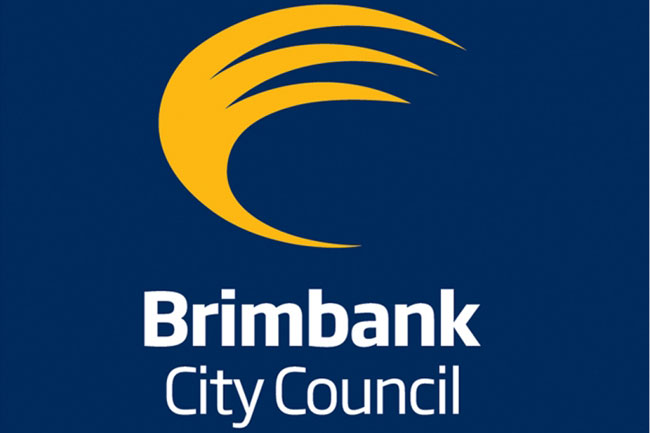The short-term future of kerbside recycling in Brimbank is secure, however its long-term viability is anything but.
Last month China stopped accepting 24 different categories of imported recyclable rubbish, putting a halt to the export of more than 600,000 tonnes of recyclable material from Australia.
The move raised concerns that with nowhere for the rubbish to go, contractors would be unable to continue collecting it.
Last week recycling company Visy stopped accepting waste from 22 regional Victoria councils.
Brimbank infrastructure and city services director Neil Whiteside said the municipality’s kerbside recycling service, presently provided by SKM Recycling, would continue.
“We haven’t received any communication from our recyclable material processing service provider, SKM Recycling to suggest that there will be any impact on Brimbank’s current recycling services,” Mr Whiteside said.
“We will keep the community informed should this situation change.”
While SKM has said it will continue to accept waste, a spokesperson said its long-term viability hinges on discussions between the state government and industry leaders.
“SKM is involved in ongoing industry discussions with the Victorian government on measures to maintain the viability of residential kerbside recycling in the state.
“China’s new restrictions have significantly reduced the value of some recyclable products and resulted in some industry players suspending part of their operations,” the spokesperson said.
“SKM is continuing to receive and process the kerbside recyclable material from all councils to which it is contracted while those government talks continue.”
Waste Management Association of Australia chief executive Gayle Sloan said one solution could be found by thinking differently.
“It is not enough that products we purchase in Australia are capable of being recycled, we need to ensure that they are also made from recycled material,” said Ms Sloan.
“In this way we can create real demand for commodities like those that households put in their yellow bins.”








